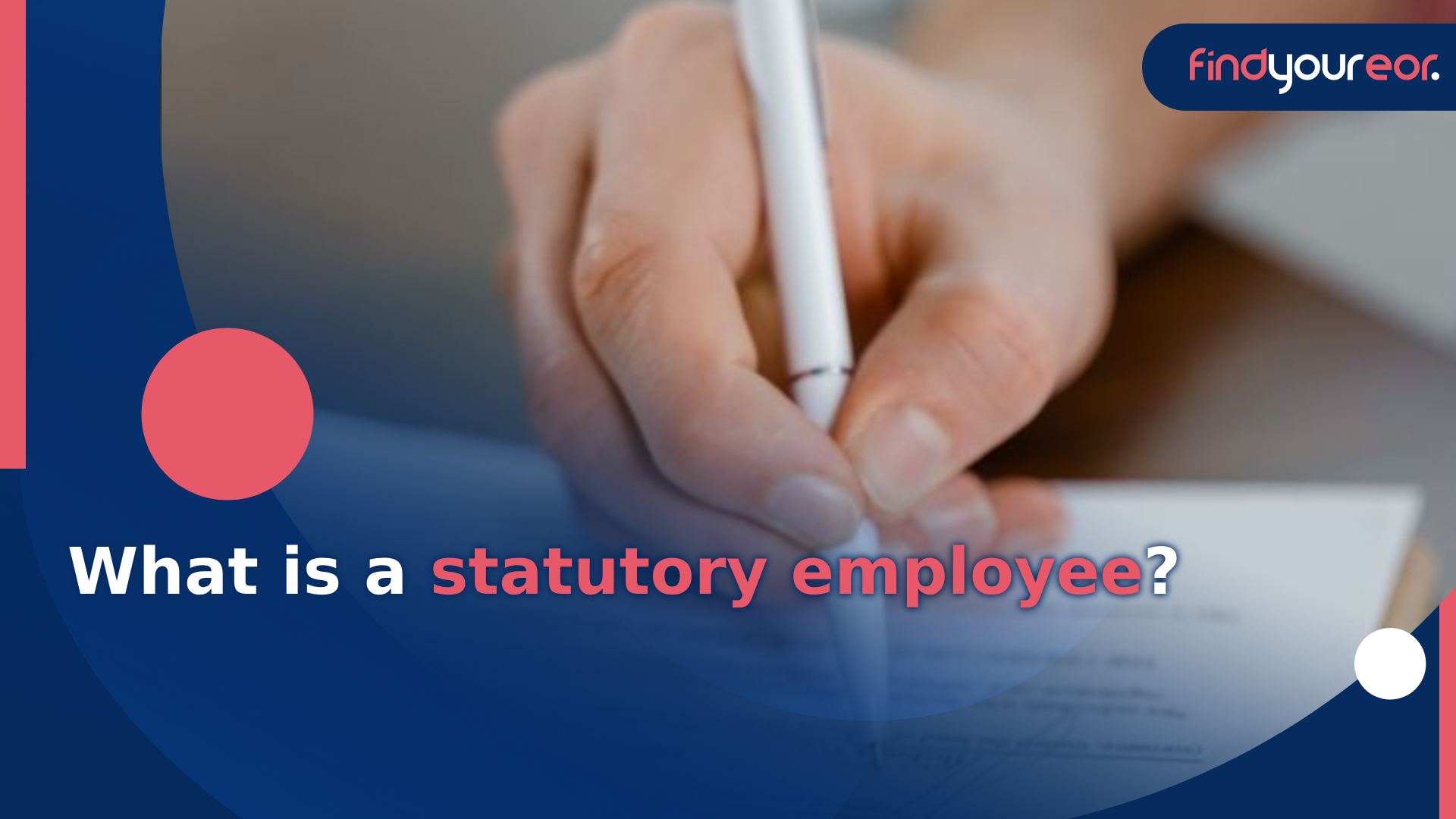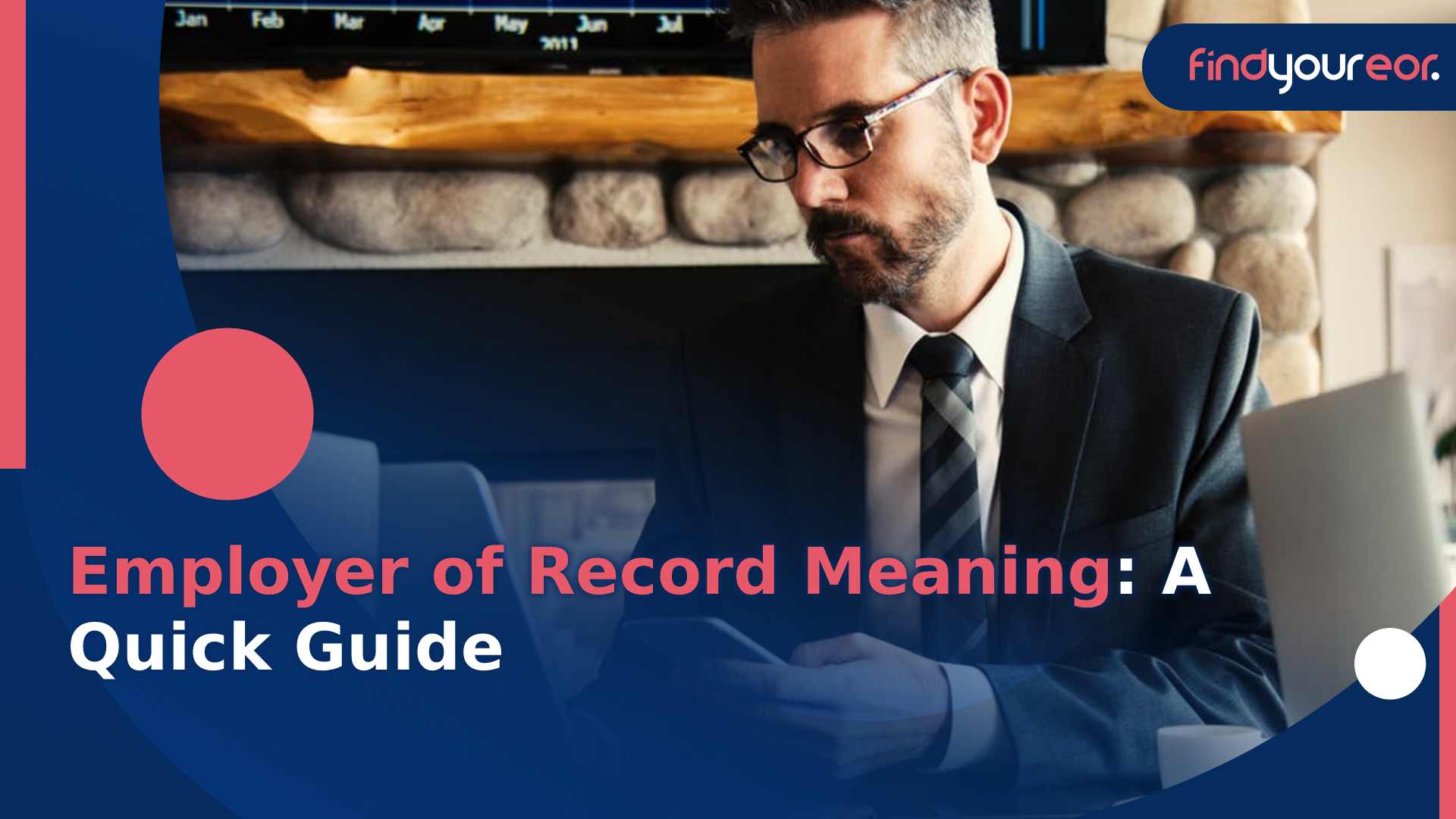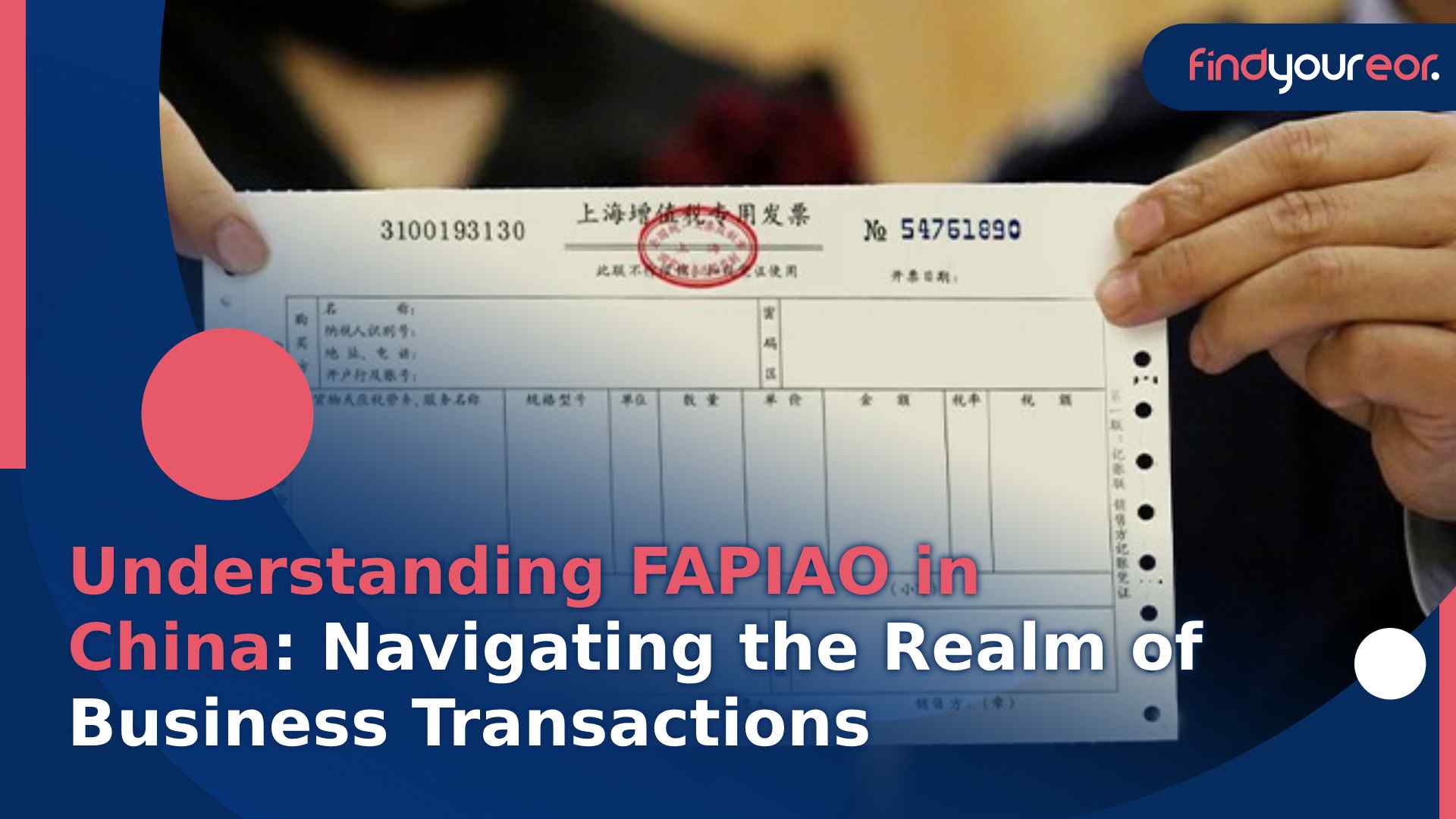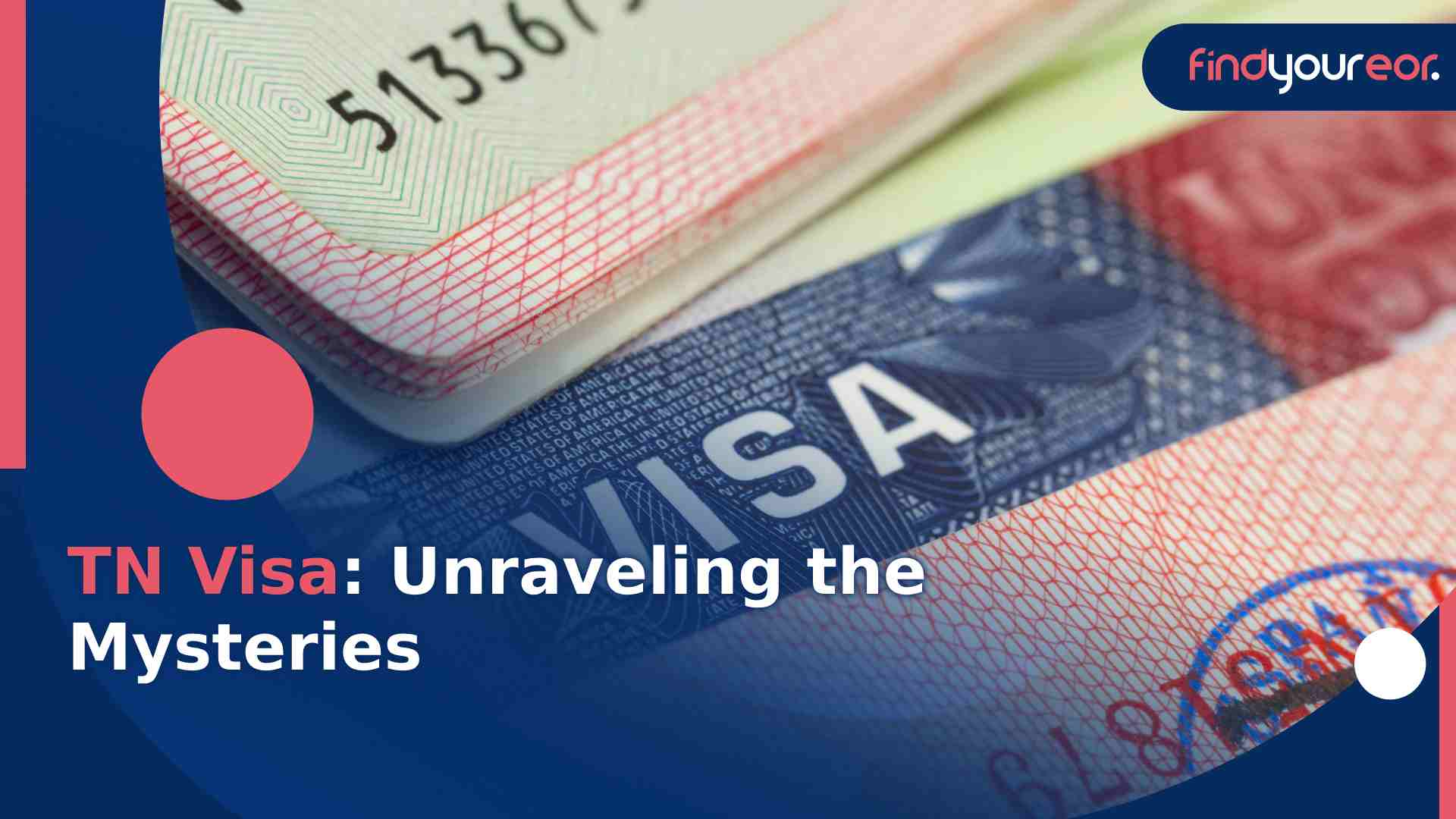Navigating Business Global Expansion: How an Employer of Record Can Help
Last update: October 11th 2023
The global economy is constantly evolving and businesses must be prepared to take advantage of the opportunities that come with global expansion. Navigating the complexities of business global expansion is a daunting task. Requiring companies to have an understanding of the financial, legal, and cultural nuances of the chosen market. As such, businesses must be prepared to develop a comprehensive strategy to ensure successful expansion into new markets.
In this article, we will be explaining how can an Employer of Record can support your business global expansion. To maximize the success of a business’s global expansion, companies must develop a comprehensive strategy that takes into account the financial, legal, cultural, and marketing aspects of the chosen market. Through this approach, businesses can ensure they are in the best position to capitalize on the opportunities that come with global expansion.
Navigating Business Global Expansion
Navigating business global expansion can be a daunting task. With the vast amount of resources, legal requirements, and cultural and language differences, it can be difficult to know exactly how to proceed. However, with the right research, planning, and dedication, global expansion can be a successful venture.
· The first step to global expansion is research. Start by researching the potential market and determine whether there is a need for your product/service. This can be done by researching the competition, the current climate, and the legal requirements necessary to operate in the new market.
· The second step is to create a global business plan. A well-thought-out business plan will help to determine the most effective strategy for entering the new market. This includes factors such as pricing, marketing, and distribution. This plan should also include potential risks and strategies to mitigate them.
· The third step is to become knowledgeable in the cultural and language differences of the new market. Understanding the cultural norms of the new market will help to ensure that the product/service is received well. Additionally, it is important to be able to communicate effectively with potential customers and partners.
· Fourth, it is important to ensure that all legal requirements are met. This includes obtaining any necessary permits and licenses. As well as researching any taxation requirements.
· Lastly, it is important to have a team of dedicated individuals who are able to handle the day-to-day operations of the new market. This team should include individuals who are knowledgeable in the culture, language, and legal requirements of the market.
The Challenges of Global Expansion
Global expansion is the process of a business expanding from its home country to operate in international countries. As globalization continues to evolve, businesses are becoming increasingly aware of the opportunities for growth that international markets present. However, there are also many potential challenges that businesses may face as they attempt to expand their operations globally.
The first challenge that businesses may face when attempting to expand globally is cultural differences. Every country has its own unique set of cultural norms and values, which can present a challenge to businesses attempting to expand their operations. Cultural norms can affect how customers interact with products and services, and how employees behave and interact with each other. Understanding and adapting to different cultures can be a difficult, yet necessary, part of global expansion.
A second challenge that businesses may face is the complexity of international laws. Every country has its own legal system and laws, and complying with these laws can be a complex and time-consuming process. Businesses must be aware of all applicable laws in each international market they enter, and must take steps to ensure that they are in compliance with these laws.
A third challenge that businesses may face is the cost of international expansion. Setting up operations in a new country can be a costly endeavor, and businesses must be prepared to invest a significant amount of capital into international markets in order to be successful. Additionally, businesses must factor in the potential costs of shipping products and services between countries.
Finally, businesses must also be aware of the potential risks associated with global expansion. Currency fluctuations, political instability, and other unforeseen events can all have a negative impact on a business’s ability to succeed in international markets.
How can an EOR help you expand your business globally?
The Employer of Record (EOR) model is becoming a popular option for businesses looking to expand operations overseas. This innovative approach allows companies to hire employees in a foreign country without having to establish a legal entity in that country. An EOR provides the legal framework to hire and employ a foreign workforce, taking care of the onboarding process, payroll, taxation, and other legal requirements.
For companies looking to expand their business globally, an EOR can provide a number of benefits. By outsourcing the onboarding and payroll processes to an EOR, a business can save time, money, and resources that would otherwise be spent on navigating the complexities of a foreign labor market. An EOR can also provide guidance on local labor laws and regulations, helping to ensure compliance.
The EOR model also eliminates the need for companies to establish a legal entity in the foreign country, which can be a challenging and costly process. This helps businesses to reduce the cost and complexity of setting up a subsidiary or branch office in the foreign country. Letting them focus resources on the core operations of the business.
With an Employer of Record model, businesses also benefit from greater flexibility when it comes to hiring and managing employees. An EOR can help to quickly source and vet potential candidates, simplifying the recruitment process. And because the EOR manages the payroll and other legal requirements, businesses can also quickly and easily scale up or down their workforce if necessary.
The Benefits of Using an EOR
An Employer of Record (EOR) is an increasingly popular solution for businesses looking to expand globally. By working with an EOR, businesses can gain access to resources and expertise to set up employment in a foreign country quickly and cost-effectively. Here are some of the benefits of using an EOR for global expansion:
· Cost Savings. Hiring and managing staff in a foreign country can be expensive and time-consuming. An EOR will take care of all the necessary paperwork and compliance requirements. Additionally, EORs typically provide more competitive rates than traditional staffing firms, helping businesses save money in the long run.
· Compliance Expertise. Setting up employment in a foreign country can be a complex process. An EOR will have the expertise and knowledge to ensure compliance with local labor laws.
· Simplified Payroll. An EOR will manage payroll and tax payments for a business’s employees. Allowing businesses to save time and resources. Additionally, EORs typically provide a single point of contact for all payroll-related inquiries. Making it easier for businesses to manage their global payroll.
· Flexible Hiring. An EOR can provide businesses with the flexibility to hire and manage staff in different countries without having to establish a legal entity in each jurisdiction. This allows businesses to focus their resources on other areas of their global expansion.
Overall, an EOR is a great solution for businesses looking to expand globally. By working with an EOR, businesses can gain access to cost savings, compliance expertise, simplified payroll, and the flexibility to hire and manage staff in different countries. With an EOR, businesses can focus on their core operations and take advantage of the many benefits of global expansion.
How an Employer of Record Can Help Your Business?
• Streamline: An employer of record can help streamline your business' payroll and HR processes.
• Enhance: Employers of record can enhance the efficiency and accuracy of your administrative processes.
• Manage: They can manage the day-to-day responsibilities associated with managing employees.
• Reduce: Employers of record can reduce the costs associated with hiring and onboarding personnel.
• Simplify: They can simplify the process of hiring and managing employees in multiple countries.
• Expand: Employers of record can help you expand your business by allowing you to easily hire employees in different countries.
• Protect: They can protect you from legal issues by ensuring that you comply with all relevant laws and regulations.
What is an EOR?
You will learn about the meaning of Employer of Record in this section. A third-party service that acts as an employer on the part of another business is known as an Employer of Record (EOR). Employer of Record services give the legal framework and adherence for employee hiring, onboarding, and management. Payroll, payroll, insurance, and other regulatory support are all included.
Additionally, the Employer of Record offers administrative assistance to guarantee that the firm is abiding with all applicable rules and laws. This enables businesses to hire personnel without having to create a separate legal entity. This is particularly advantageous for organizations that might lack the resources to establish and administer a legal company on their own. Any financial or legal obligations connected to the work relationship are also assumed by the Employer of Record. Employers receive additional protection in the case of a dispute or legal action, which helps to lower their risk.
Getting Started with an EOR
When it comes to hiring, an Employer of Record (EOR) is an invaluable resource. An EOR is a third-party entity that serves as the legal employer of a contractor or employee in a foreign country. This allows companies to hire workers in countries where they do not have a physical presence or the requisite permits to hire employees directly.
Before engaging an EOR, a company must first consider the costs associated with the service and decide if it is the best option. EORs can be pricey and may require a long-term commitment, so it is important to weigh the pros and cons before making a decision. Additionally, it is imperative to ensure that the EOR is properly licensed and compliant with local employment laws.
Once a company has decided to use an EOR, the next step is to identify an appropriate service provider. There are numerous EORs available, so it is important to research each one to ensure they are a good fit for the company’s specific needs. Companies should also look for an EOR that offers support services such as immigration, payroll, and compliance.
Once an EOR has been selected, the company should set up a contract with the service provider. This contract should outline all the responsibilities of the EOR. Including the payment of wages, taxes, and benefits, as well as the company’s rights and obligations. It is also important to discuss the scope of the engagement and any specific requirements the company may have.
Finally, the company should ensure that the EOR is properly onboarding their new hire. This includes setting up the employee’s payroll, benefits, and any other necessary paperwork. It is also important to review the employee’s work agreement and ensure that all parties are in compliance with all applicable laws and regulations.
Choose the Right EOR
When it comes to finding the right Employer of Record, it can be a daunting task. There are many different factors to consider when choosing the best employer of record, such as cost, services offered, and compliance with laws and regulations. It is important to do your research to ensure you are selecting an Employer of Record that meets your specific needs and requirements.
The first step to choosing the right employer of record is to identify the services that they offer. Employer of Record services include payroll and benefits administration, tax filing, and workers’ compensation. It is important to determine the services you need and compare different Employers of Record to find one that best suits your needs.
The second step is to consider the cost associated with the Employer of Record. Different Employers of Record may charge different rates for their services, so it is important to compare and contrast the rates before making a selection. Additionally, the Employer of Record should have a transparent pricing structure. One that clearly outlines all costs and fees associated with their services.
The third step is to consider the Employer of Record’s compliance with laws and regulations. The Employer of Record should be compliant with all applicable labor laws, such as minimum wage, overtime, and discrimination. Furthermore, they should be knowledgeable about worker’s compensation laws and regulations. This, to ensure they are providing the most comprehensive coverage to their clients.
Likewise, it is important to select an Employer of Record that is reputable and reliable. It is important to read reviews and check references to ensure they have a good track record with their clients. Moreover, it is important to ensure that the Employer of Record is licensed and bonded as required by law.












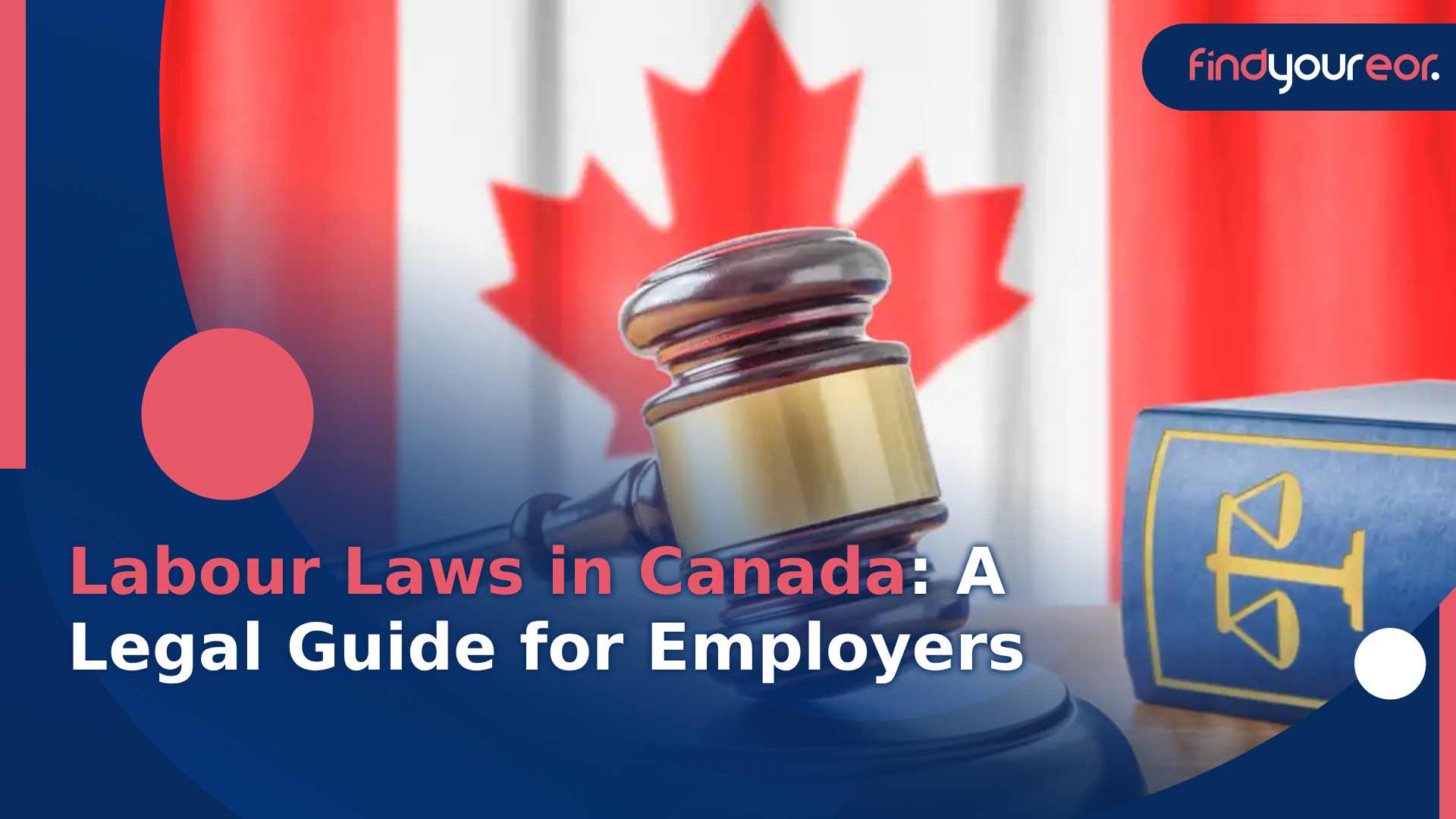

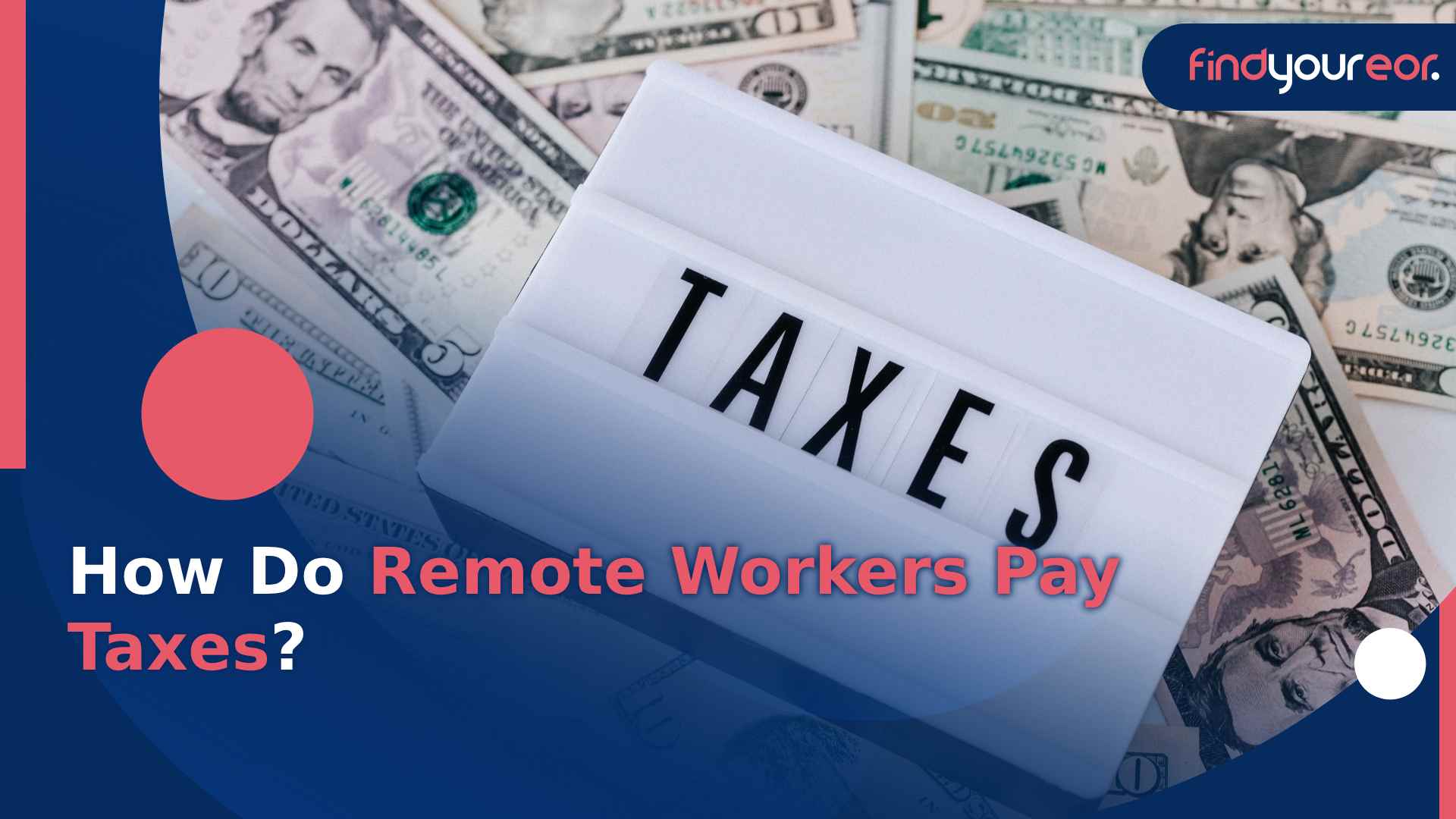


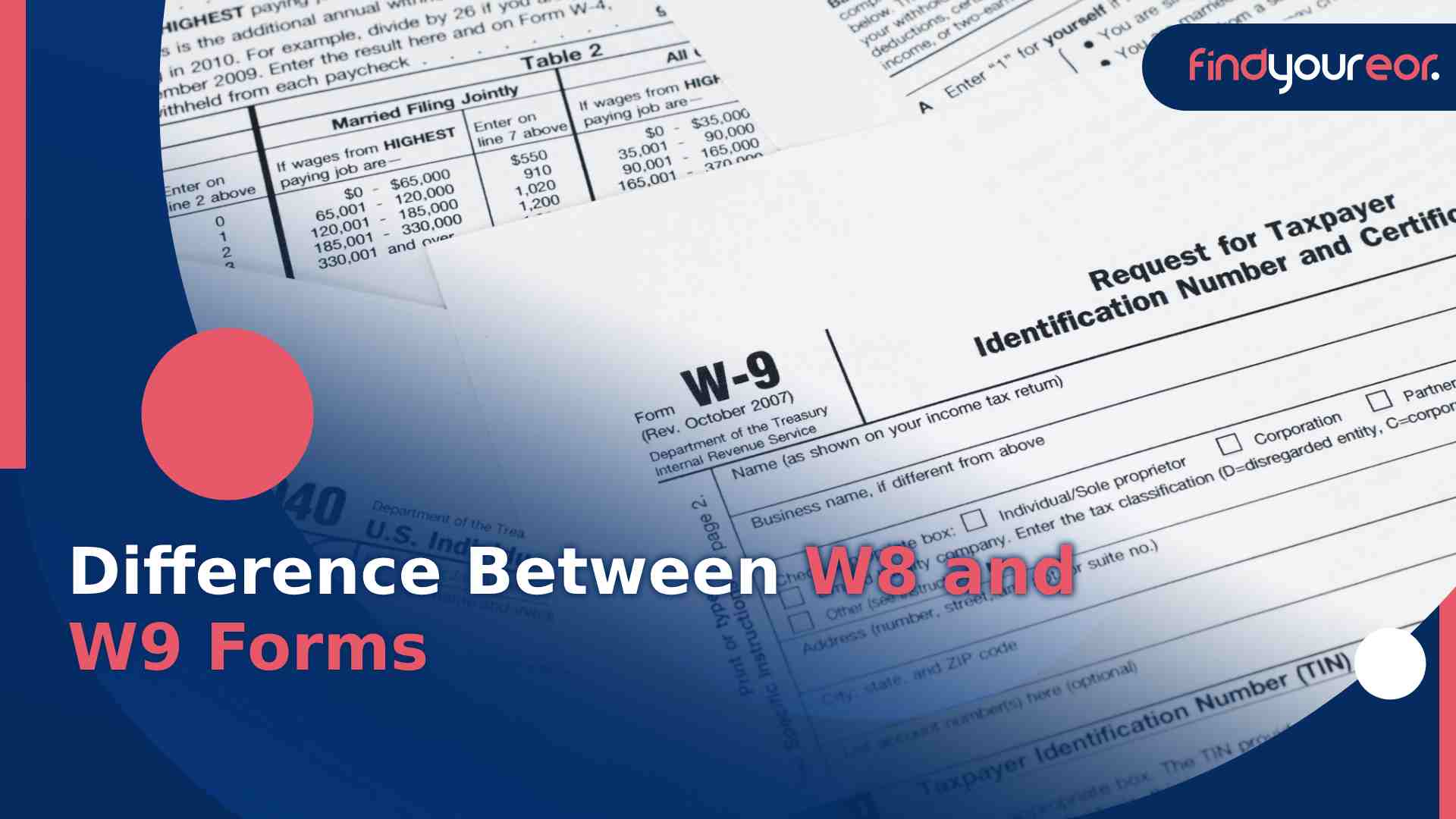
.jpg)


